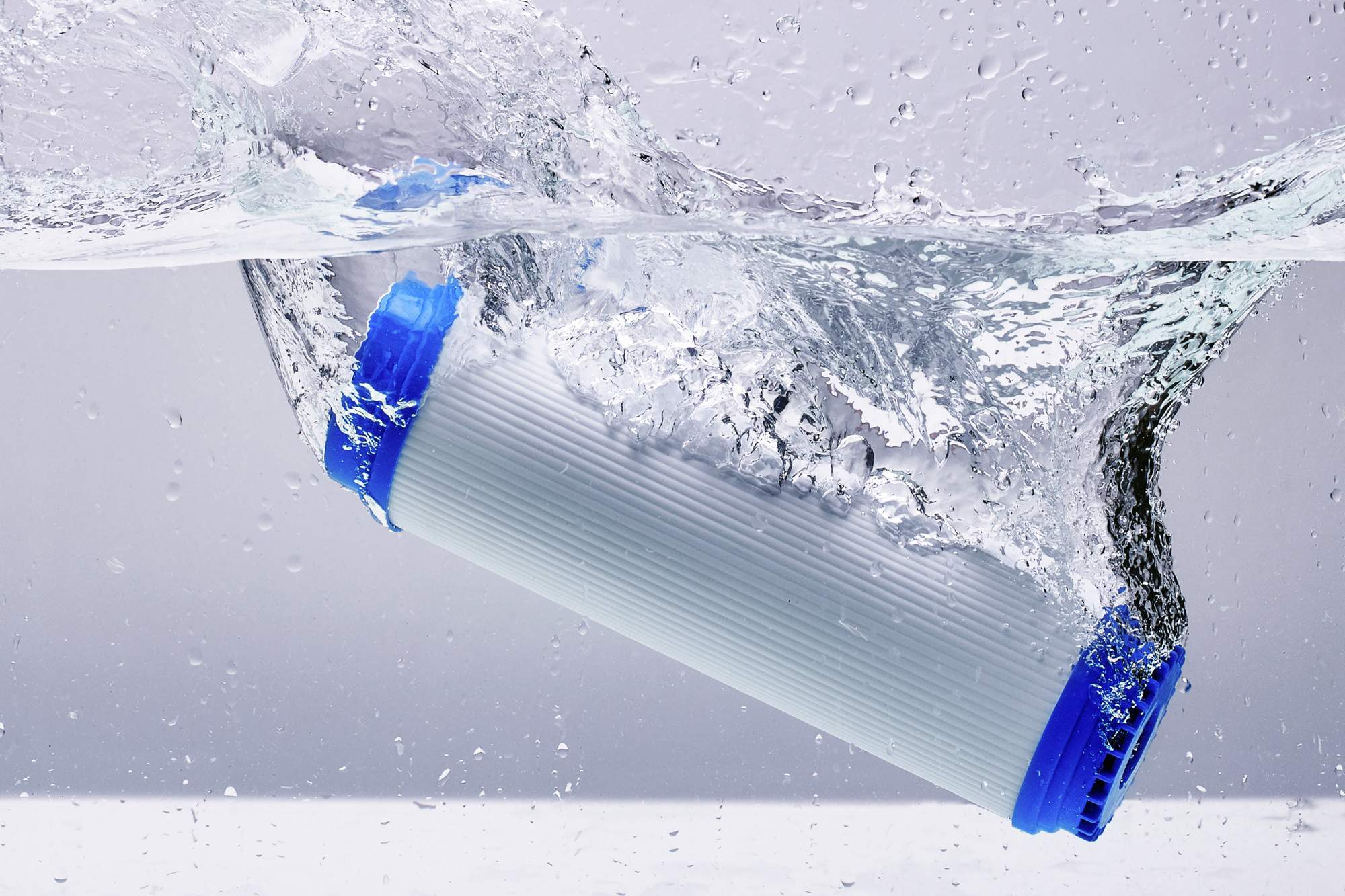
3 Interesting Facts About Water Filtration
Did you know that tap water can contain more than 80 contaminants? Some examples include arsenic, ammonia, chlorine, and nitrates.
Not only that but many types of bacteria can be found in tap water as well. Take coliform bacteria, for instance, it can make its way into the waterways and can cause diarrhea, nausea, or vomiting.
Don’t worry, though, you can get rid of these contaminants by filtering your water.
Interested? Looking for some water filtration facts? If so, we’ve got you covered. Keep reading for everything that you need to know!
1. There Are Different Types of Water Filters
There are various types of water filters: mechanical filters, activated carbon filters, and reverse osmosis filters (have a look). While they all use different technology, they’re designed to do the same thing—remove unwanted impurities from water.
Mechanical Filters: These filters use a barrier to physically remove dirt, sediment, and other particles from the water. They’re given a rating (e.g. 0.5 microns) depending on the size of the particles that they can remove.
Activated Carbon Filters: These filters work through a process called adsorption. As water passes through the activated carbon, contaminants will stick to the surface. Some are also capable of eliminating chemical pollutants such as chlorine.
Reverse Osmosis Filters: These filters work by forcing water molecules through a semipermeable membrane. During this process, impurities such as lead and dissolved salts, are filtered out and flushed away.
2. Filters Can Make Water Taste Better
Various things can affect the taste of tap water. For example, iron, zinc, and manganese can give the water a metallic taste. Algal blooms can also give it an earthy, musty flavor.
Not only that but it can also be affected by pH levels. For instance, a high pH can give the water a baking soda taste.
By using a water filter, however, you’ll be able to filter out the impurities, which will make the water taste crisper and cleaner. Some will even adjust the pH.
3. Filtered Water Can Benefit Your Health
Water filtration can benefit your health by improving water quality. For one thing, it’ll remove lead, which if consumed, can lead to increased blood pressure, kidney damage, and nerve disorders. In some cases, it can also lead to reproductive problems.
On top of that, it’ll remove arsenic and other contaminants, which can increase your risk of developing certain cancers.
That’s not all, some water filters are also capable of removing cryptosporidium and giardia cysts from tap water; this will reduce your risk of developing gastrointestinal disease.
The Ins and Outs of Water Filtration
And there you have it—three facts about water filtration that you might not have known about. If anything, it’s worth the investment. Not only will it improve the taste of your water, but it’ll boost your health as well.
Did you enjoy this post? We have a lot more articles like this in our education section. Check it out today!















